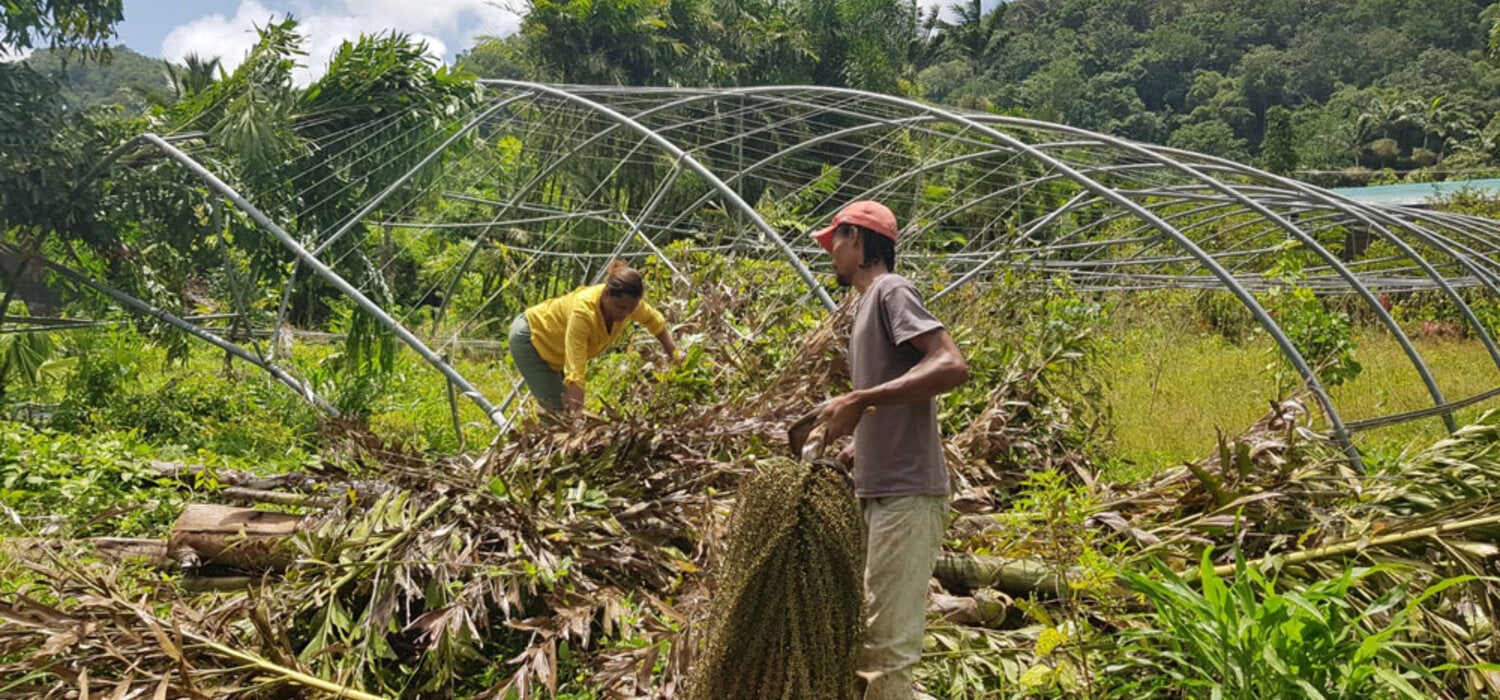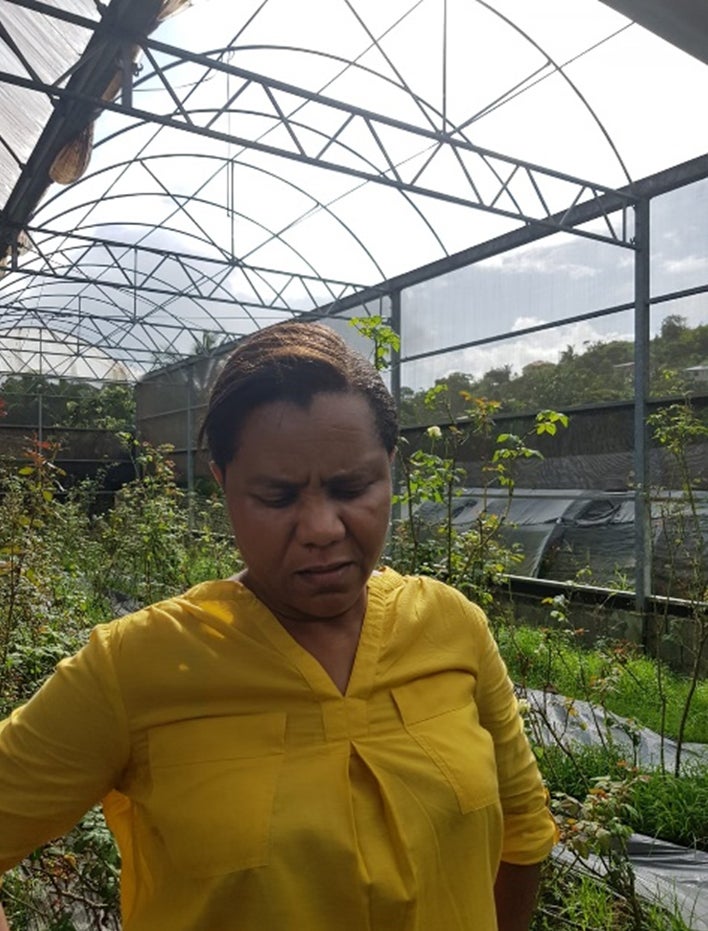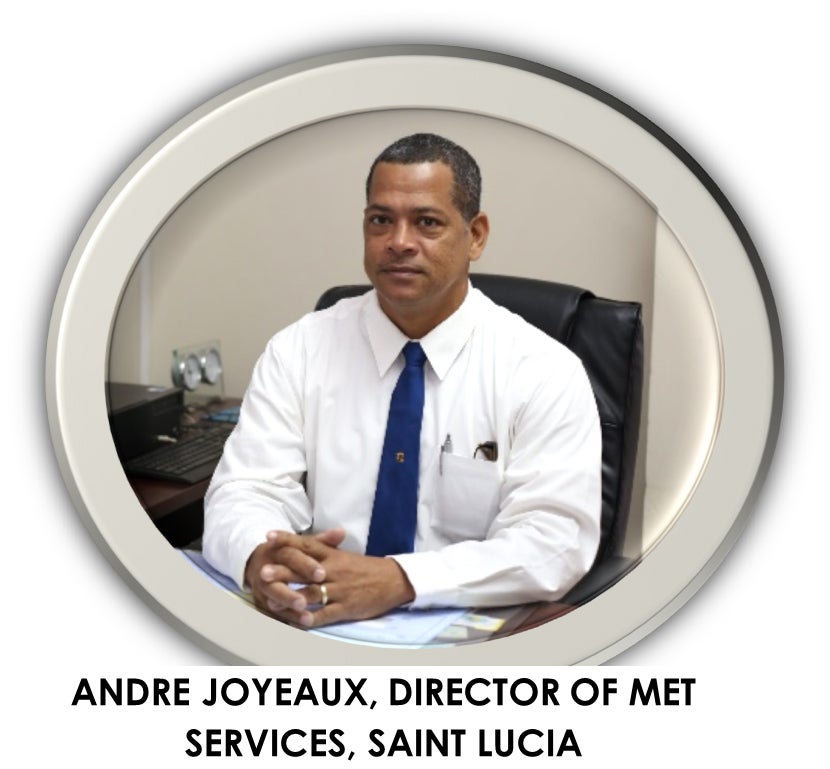With the current COVID-19 pandemic, anxieties are magnified, and promoting mental well-being and good coping techniques is of growing importance this hurricane season. In recognition of this necessity, PAHO and the CDB launched the ‘Stronger Together 2020’ campaign, aimed at “reducing the stigma about seeking mental health and psychosocial support and conveying the basic principles of Psychological First Aid (PFA). PFA is a way of helping people to feel calm and able to cope in a difficult situation. The campaign acknowledges that ‘in times of stress and crisis’, community support is essential. This initiative is one of several being undertaken by PAHO that is focused on enhancing the Caribbean’s health resilience to climate change.
In 2020, PAHO also launched the EU/CARIFORUM climate change and health project aimed at “improving the capacity of Caribbean countries to reduce the negative impacts of climate change on health, using the One Health Approach”. The Project recognizes the vulnerability of Caribbean people to extreme weather and its impacts on food and water security, health and wellbeing, reduced work capacity and impediments to countries’ abilities to attain the SDGs.
Even weatherman Joyeaux chuckles and confesses that “before I became a meteorologist, I too was fearful of hurricanes. At age 12, I experienced hurricane Allen and my father’s house blew away,” he recounts, “after this, for many years - storms, thunder, winds, or any rainfall event – small or large, would bring me anxiety”.
Now in his 50s, Joyeaux heartily admits that the same climate related anxieties jolted him to pursue his career in met services in 1998. “As a weatherman, I understand the science behind weather and climate. I know how hurricane cyclones, rain, clouds and the sun form. This knowledge has helped me overcome my climate fears”, he giggles.
But not everyone can conquer climate worries easily. For Beverly, the horticulturist, the financial costs associated with climate induced natural disasters is a relentless cycle of damage and loss to her livelihood. Farming is her life. When rainfall events, storms or hurricanes damage her crops, flowers, and investments, it also affects her psyche. Think about it - although there was no widespread devastation to the island of Saint Lucia during Hurricane Elsa earlier this month, Beverly estimates that damage to her farm, is valued at approximately ECD 30,000.00. “I have 14 Green Houses”, she explains. “During the passage of hurricane Elsa, a tree fell on one, a branch fell on one and six others lost their covers. Now I find myself in the usual spin of disaster recovery. I already have 3 men at a daily rate of ECD 60.00 trying to re-cover the torn shed cloths and this is just the beginning”, she bemoans.
As Beverly picks up the pieces from the damage to her farms, investments and livelihoods, it reminds us that climate change is not going to disappear anytime soon, unless large, developed countries work to reduce emissions and stay within the 1.5° C target. If not, the burdens of climate change will continue to take its toll even on the young.
Twenty-two-year-old Stephanie Pascal is a HEY Ambassador for Dominica and an undergraduate at the University of the West Indies, Cave Hill Campus. She somberly recalls when her home was devastated by Category 5 Hurricane Maria in 2017, “it’s definitely very scary because when you see the amount of destruction and the amount of loss, you feel like there’s no way you can overcome this, there’s no way you will ever return to normal.”
When asked about her outlook for the future, an unrestrained Stephanie resounds, “It’s definitely a concern especially living in the Caribbean. We know we are susceptible to the storms but what we see with climate change is that we are getting hit much more frequently and more intensely. Recognizing the reality that we cannot necessarily stop climate change fully is like recognizing the reality that the beauty of my country, my home, may not exist in a few decades or in a few centuries to come and that is very sad.”




